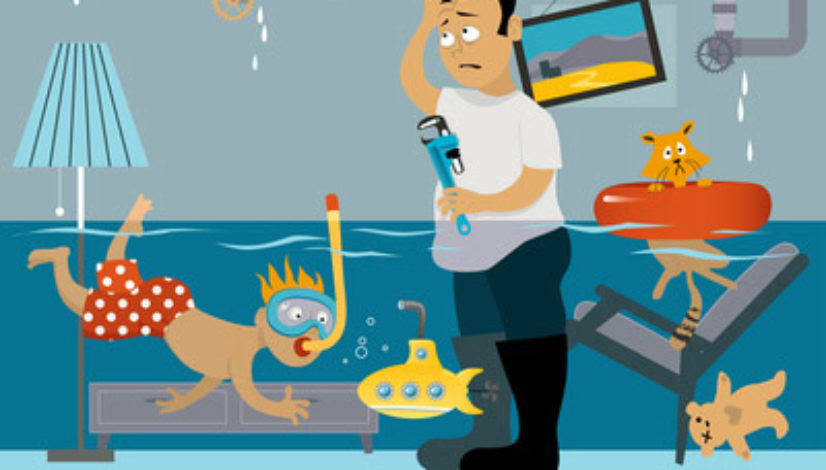Water Damage Insurance Claims
South Florida may be a tropical paradise, but it is no stranger to water damage. Surprisingly over 50% of most property insurance claims are for water damage, which makes up the greatest single expense for most insurance companies. Water damage can rot wood, rust steel, and de-laminate plywood. Something as small as a water stain, if not treated, can compromise a property’s structure, producing flooding which can cost hundreds of thousands of dollars in damage. This is not even taking into account water damage caused by weather systems such as hurricanes and tropical storms. Worse still, many small problems can precipitate this catastrophic water damage: broken pipes, heater/air conditioning leaks, shower pan leaks, roof leaks, even toilet overflows can cause water damage to a home or business. Even when the source of the water subsides, mold damage typically follows suit. Mold growth can exist after suffering water damage in your property in as little as 48 to 72 hours. Any property insurance plans, particularly in South Florida, must include a complete and comprehensive process to submit water damage insurance claims.
Because water damage is not always easily apparent, claims adjusters sent by insurance companies may underestimate or even completely deny water damage claims. Therefore there are certain concrete steps claimants must take to ensure their due compensation.
- Acquire a copy of your insurance contract to ensure that there are no disagreements over the language of your plan
- Until the insurance company and the claimant have come to an agreement about the scope of the damage, mitigate, don’t repair the water damage
- Document the damage, take as many pictures as you can, and where possible save samples of damaged dry wall or other affected surfaces
- If your insurance adjuster does not utilize thermal or infrared imaging, or moisture mapping technology then you should consider hiring a public adjuster who does
- Obtain your own estimates of the repair costs, three independent estimates from contractors are a good start
- If your claim is not settled within 45 days, you can and must demand an explanation why
- If your insurance company is unresponsive, consider contacting a public insurance adjuster




